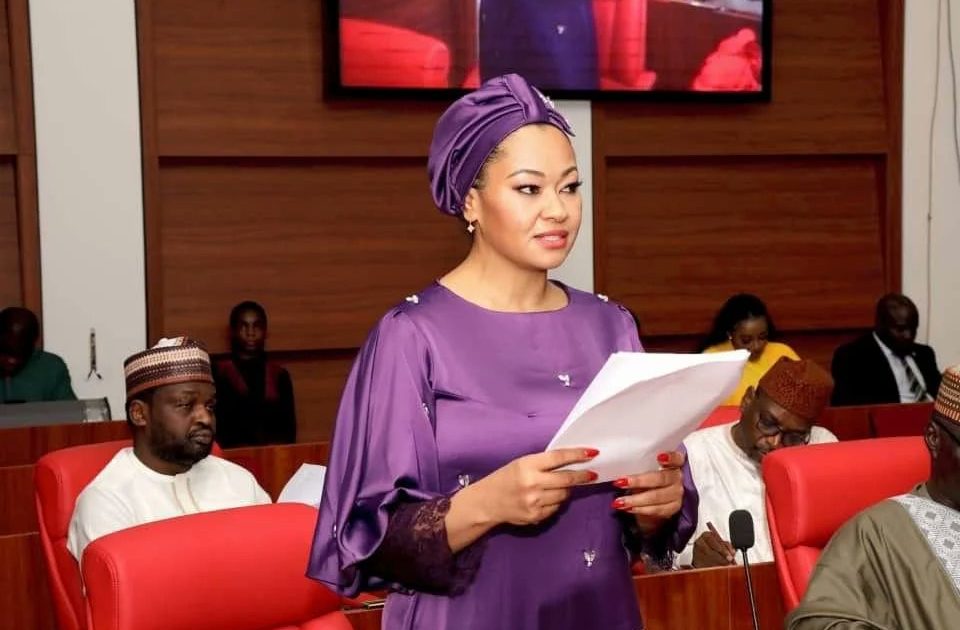Paragraph 1: The Failed Recall Petition Against Senator Natasha Akpoti-Uduaghan
The Independent National Electoral Commission (INEC) officially announced on Thursday, August 31, 2023, that the petition seeking the recall of Senator Natasha Akpoti-Uduaghan, representing Kogi Central Senatorial District, has failed to meet the constitutional requirements. The announcement, made via INEC’s official X (formerly Twitter) handle and signed by National Commissioner and Chairman of the Information and Voter Education Committee, Sam Olumekun, cited the petition’s failure to comply with Section 69(a) of the 1999 Constitution of the Federal Republic of Nigeria (as amended). This section stipulates that a recall petition must be supported by signatures representing more than half of the registered voters in the affected constituency.
Paragraph 2: Constitutional Requirements and the Shortfall in Signatures
The constitutional threshold for a successful recall petition in Kogi Central Senatorial District required a substantial number of signatures. With a total of 474,554 registered voters, the petition needed at least 237,278 signatures (representing 50% plus one voter). However, the petitioners only managed to gather 208,132 signatures, falling significantly short of the required number by 29,146. This deficiency rendered the petition invalid, effectively halting the recall process.
Paragraph 3: INEC’s Verification Process and Public Disclosure
INEC conducted a thorough verification process across the Kogi Central Senatorial District, encompassing 902 polling units, 57 registration areas, and five local government areas. This meticulous examination confirmed the shortfall in signatures and the petition’s non-compliance with the constitutional requirement. To maintain transparency, INEC issued a Public Notice detailing the outcome of their review. This notice, including a breakdown of the collected signatures by local government area, was made publicly available on INEC’s official website and various social media platforms.
Paragraph 4: The Political Context of the Recall Petition
The recall petition against Senator Akpoti-Uduaghan emerged amidst a backdrop of political tension, particularly following her allegations of sexual harassment against Senate President Godswill Akpabio. The Senator had formally petitioned the Senate regarding the alleged misconduct, leading to an investigation by the Senate Ethics Committee. However, on March 6, 2023, the Committee dismissed her claims and imposed a six-month suspension without pay on Senator Akpoti-Uduaghan.
Paragraph 5: Escalation of the Controversy and the Recall Effort
The controversy surrounding the sexual harassment allegations and the subsequent suspension intensified with the submission of the recall petition to INEC. Constituents advocating for her removal initiated the recall process, arguing that her actions warranted her removal from office. This move underscored the deep political divisions and heightened tensions within the Kogi Central Senatorial District.
Paragraph 6: The Implications of the Failed Recall Petition
The failure of the recall petition has significant implications for Senator Akpoti-Uduaghan, her constituents, and the broader political landscape. While she retains her Senate seat, the controversy surrounding the allegations and the recall effort has undoubtedly impacted her political standing. Furthermore, the failed petition highlights the importance of adherence to constitutional processes and the safeguards in place to protect elected officials from politically motivated recall attempts. The incident serves as a reminder of the balance between accountability and due process in the Nigerian political system.


